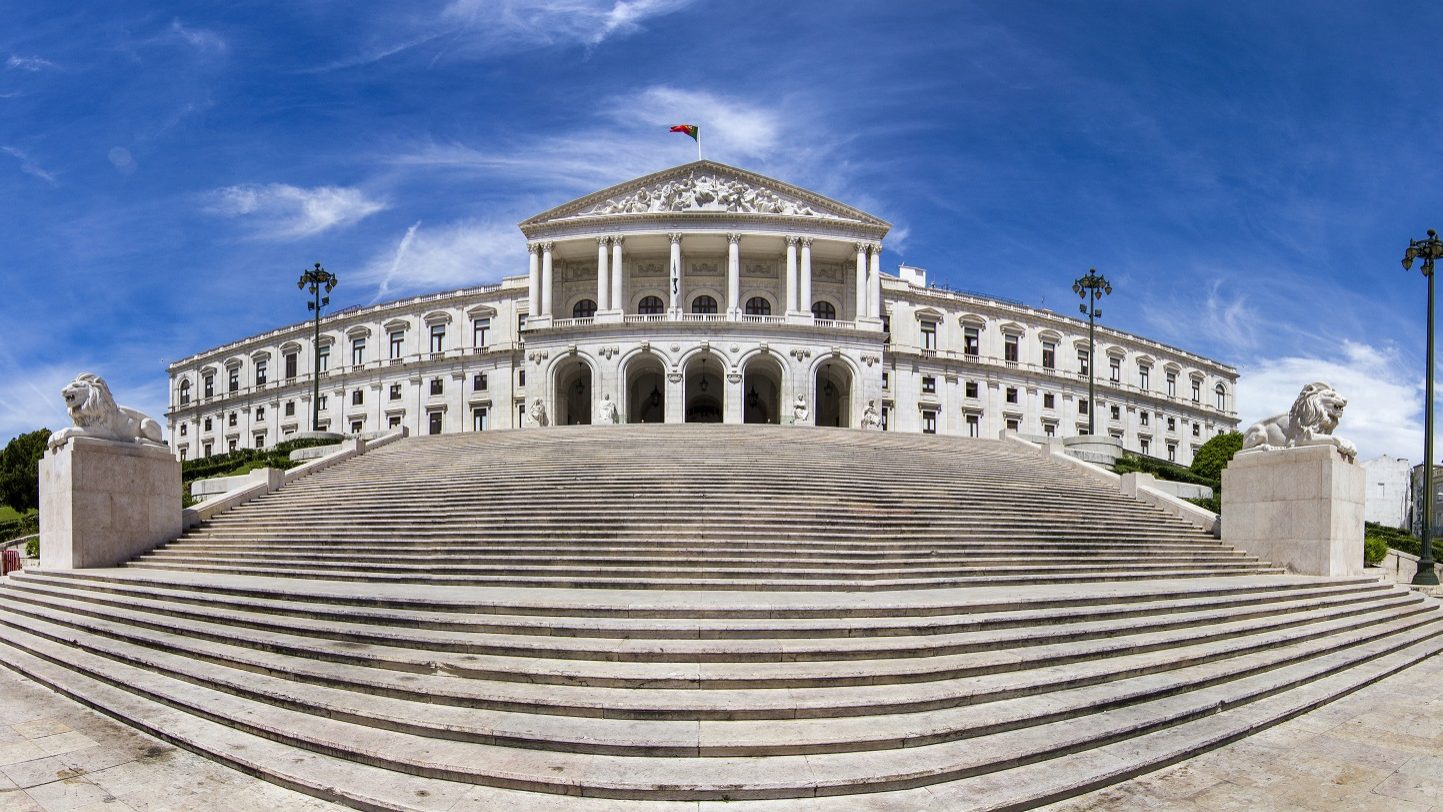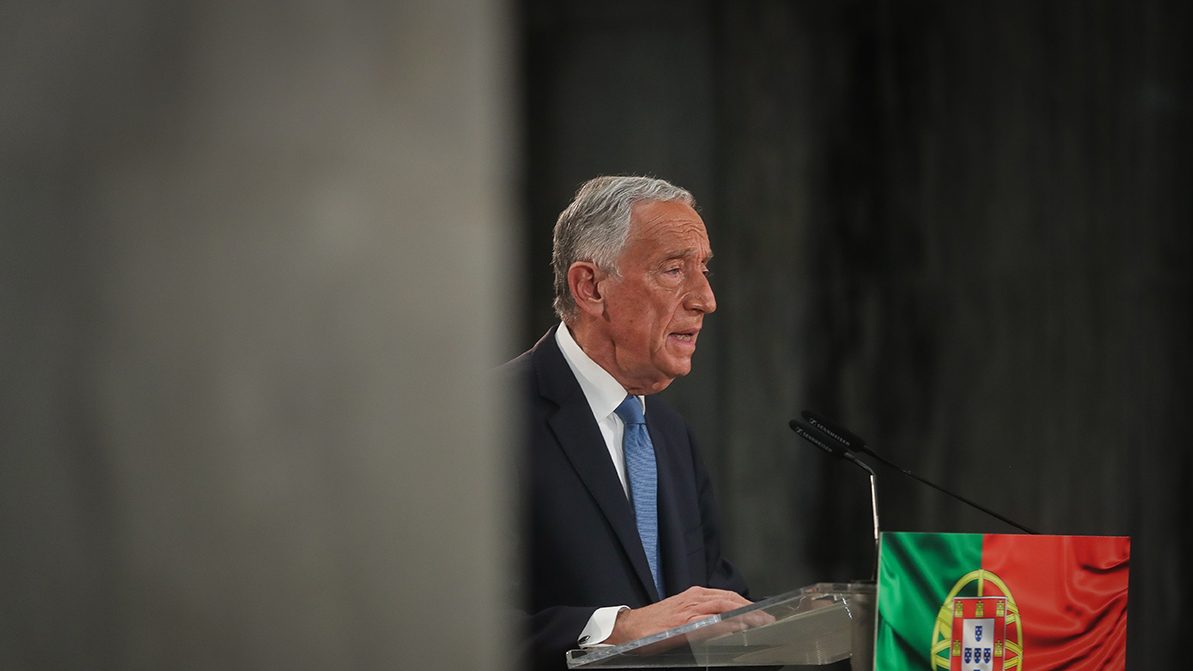EU will require consultations with government over Budget rejection
Vice-President Valdis Dombrovskis admitted this Thursday that the rejection of Portugal's State Budget for 2022 "raises questions".
The rejection of Portugal’s State Budget for 2022 [OE2022] will require “some consultations” between the European Commission and the Portuguese authorities to determine exactly how to proceed with the evaluation of the budget plan, Vice-President Valdis Dombrovskis said Thursday.
Asked during a press conference in Brussels about the rejection of the OE2022 on Wednesday by the Portuguese Parliament, which paves the way for early legislative elections, the executive vice president responsible for “An Economy at the Service of People” admitted that this situation “raises questions”, which the EU executive will try to clarify with the Portuguese government.
“We will now have to assess the situation with the Portuguese authorities regarding the draft budget plan for 2022 and decide how exactly to proceed, in the sense that we need to understand with the Portuguese authorities what the prospects are, how early the next budget may come,” Dombrovskis said.
The vice president assumed that there are now doubts around the assessment of the budgetary plan that Portugal delivered in mid-October in Brussels, because, given its rejection by the Portuguese parliament, it is necessary to determine “what plan exactly there is to assess,” and pointed to the possibility of Brussels and Lisbon holding “some discussions based on unchanged policy scenarios,” the one that is used when, for some reason, a member state cannot present its budgetary plan within the deadlines.
As for the implications and the scenario of dissolving parliament and calling early elections on the implementation of the Recovery and Resilience Plan (RRP), given above all the fragility of an outgoing executive, the Commission’s executive vice-president stressed that “the Recovery and Resilience Mechanism is a performance-based instrument”, and nothing changes this principle.
“For the Commission’s part, we can be very clear, as it is also clear in the regulation, that disbursements are linked to the achievement of concrete objectives and targets, and this remains the case,” he said.
Valdis Dombrovskis nevertheless relativised the implications of possible elections on the implementation of the plan, noting that “Recovery and Resilience Plans have to coexist with political developments in each member state” and noting that “some governmental changes [in member states] are already taking place and others will follow”.
The vice-president was speaking on the occasion of a press conference after an informal video conference of EU finance ministers for the approval of precisely three more RRPs, from Estonia, Finland and Romania, which brings to 22 the plans that have already received ‘green light’ from Ecofin.


